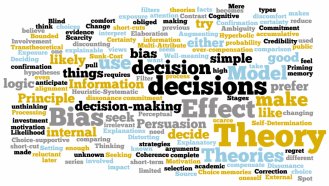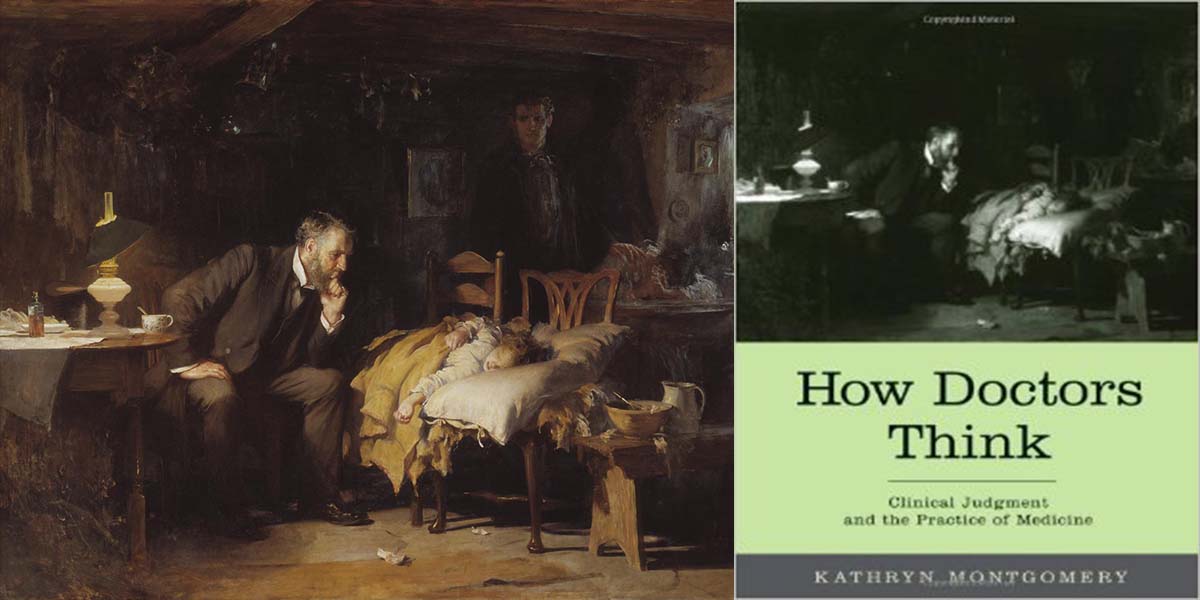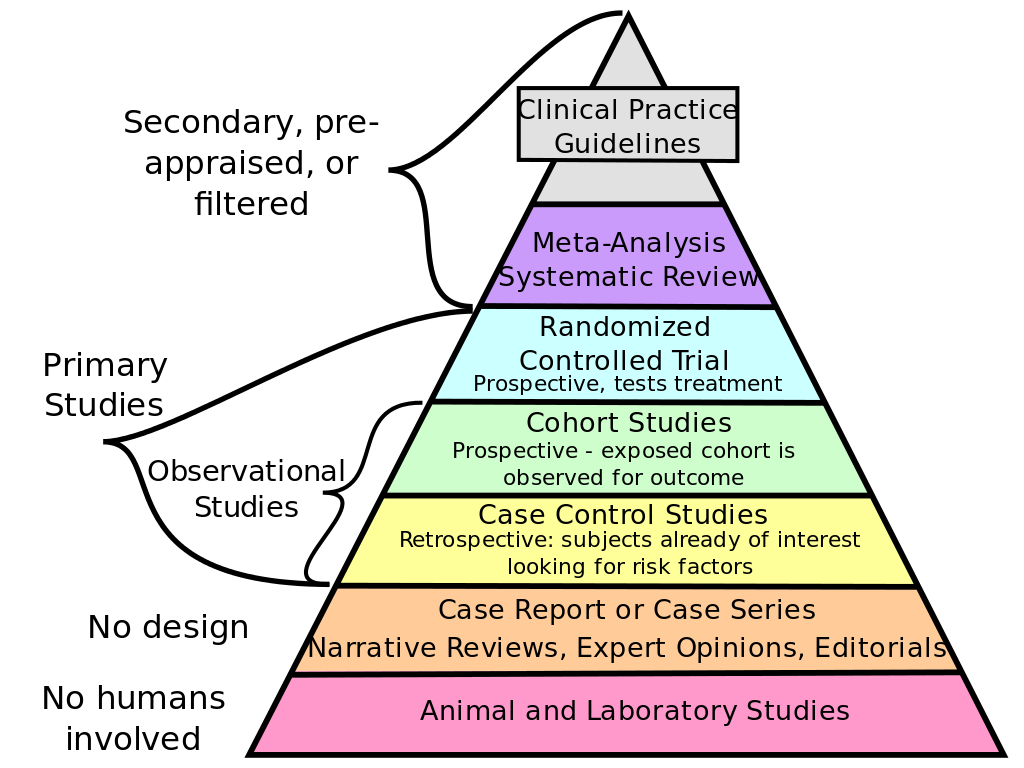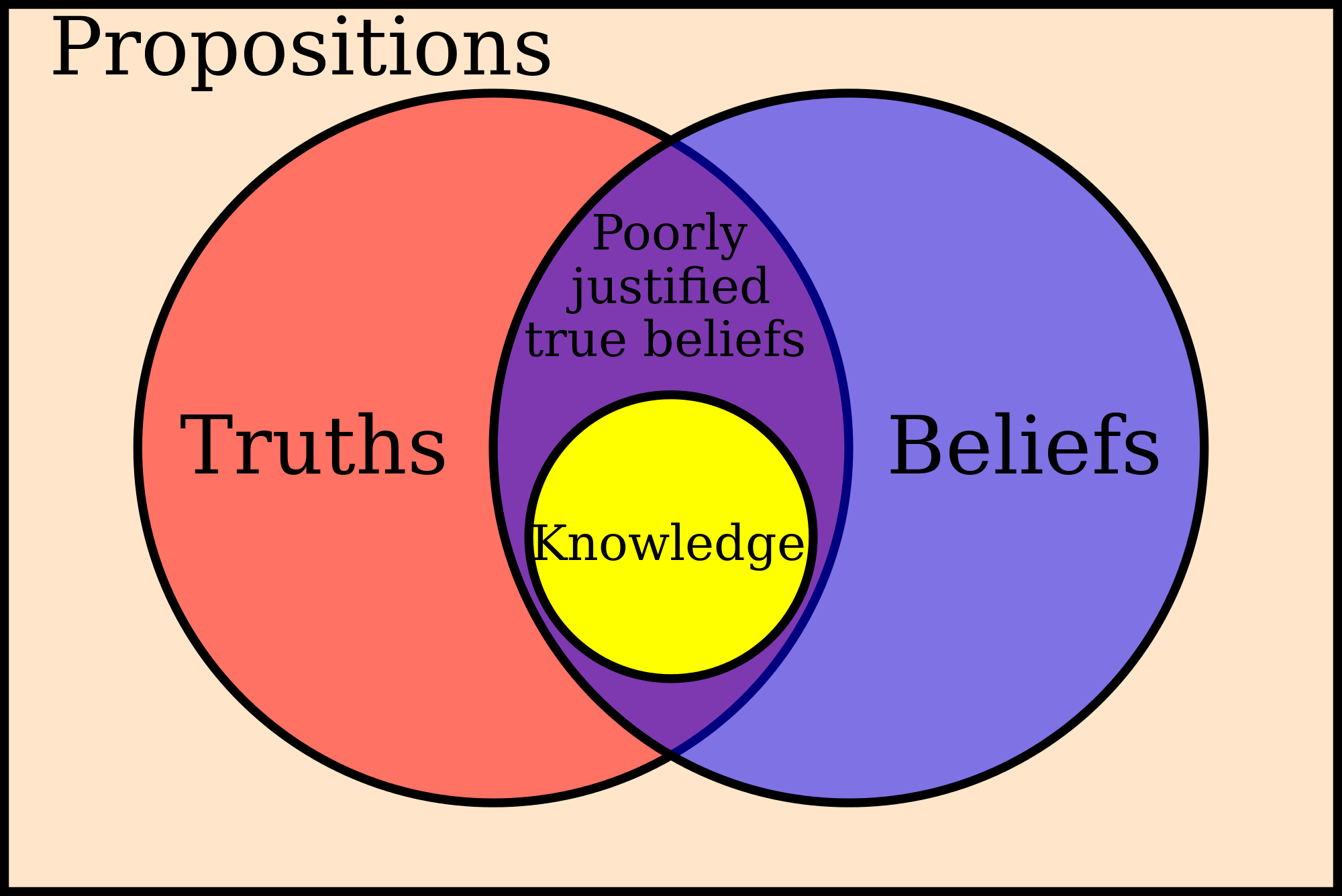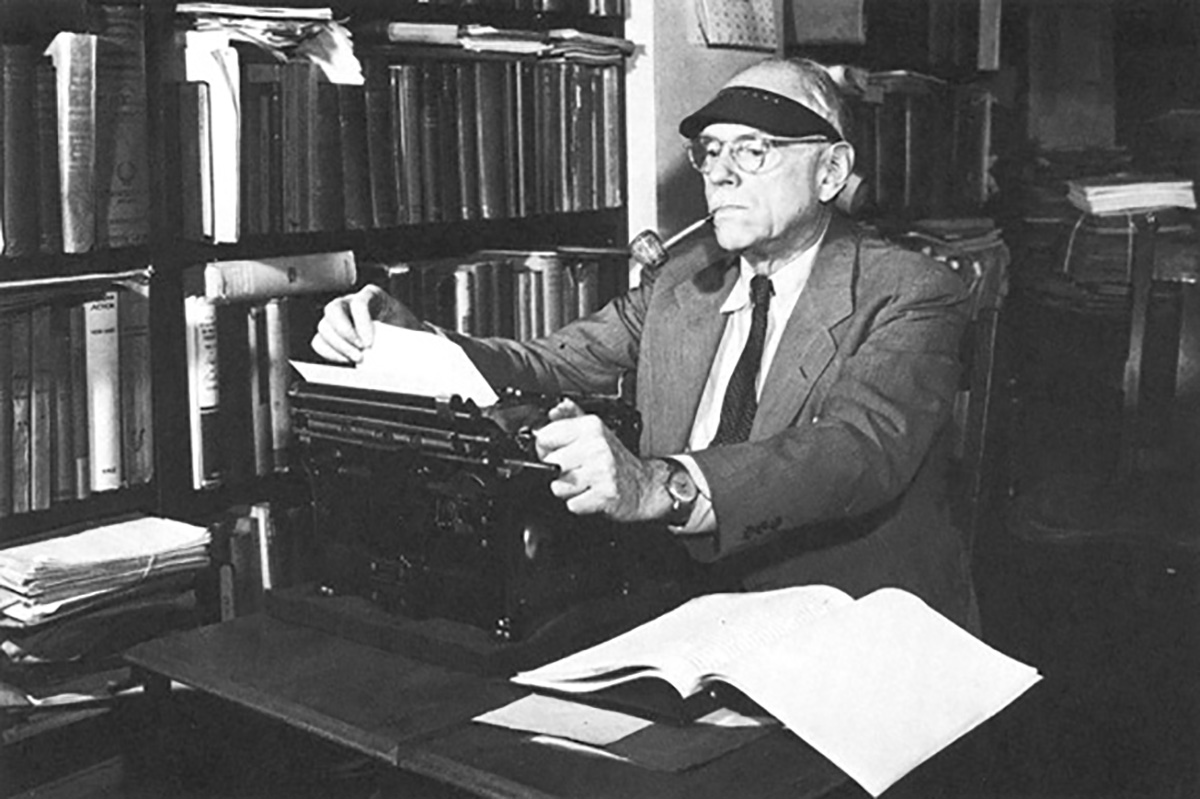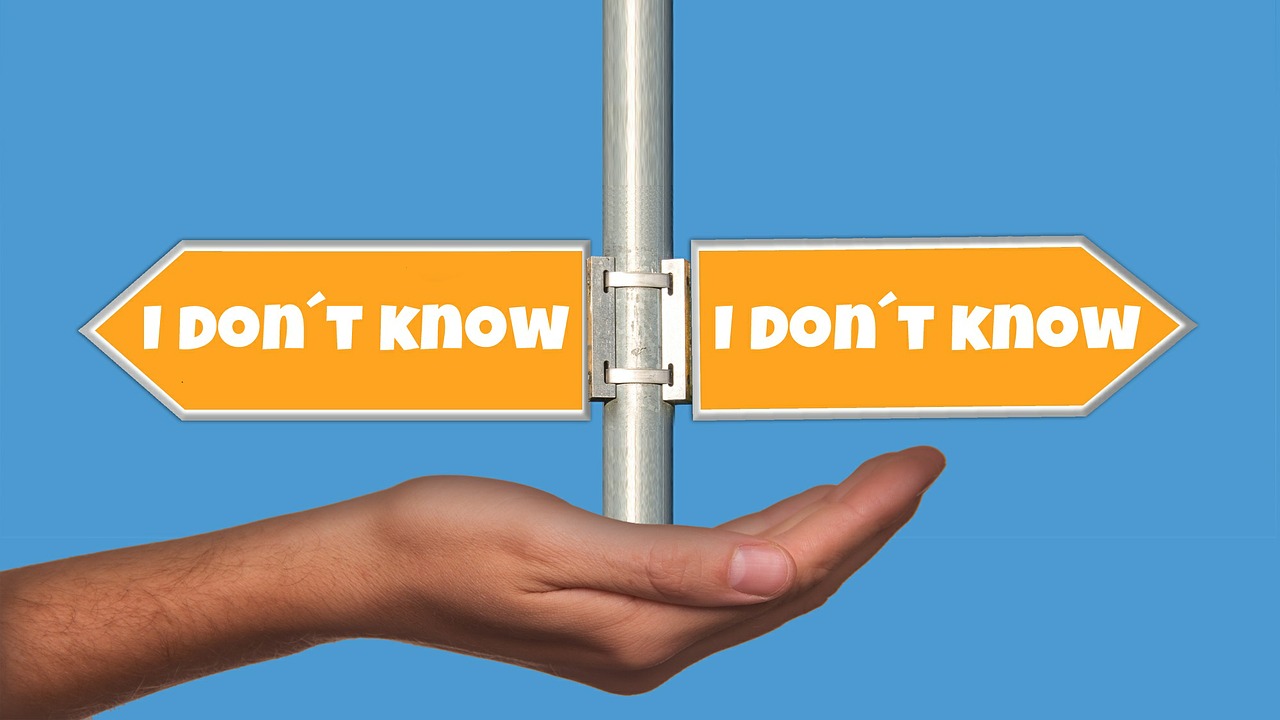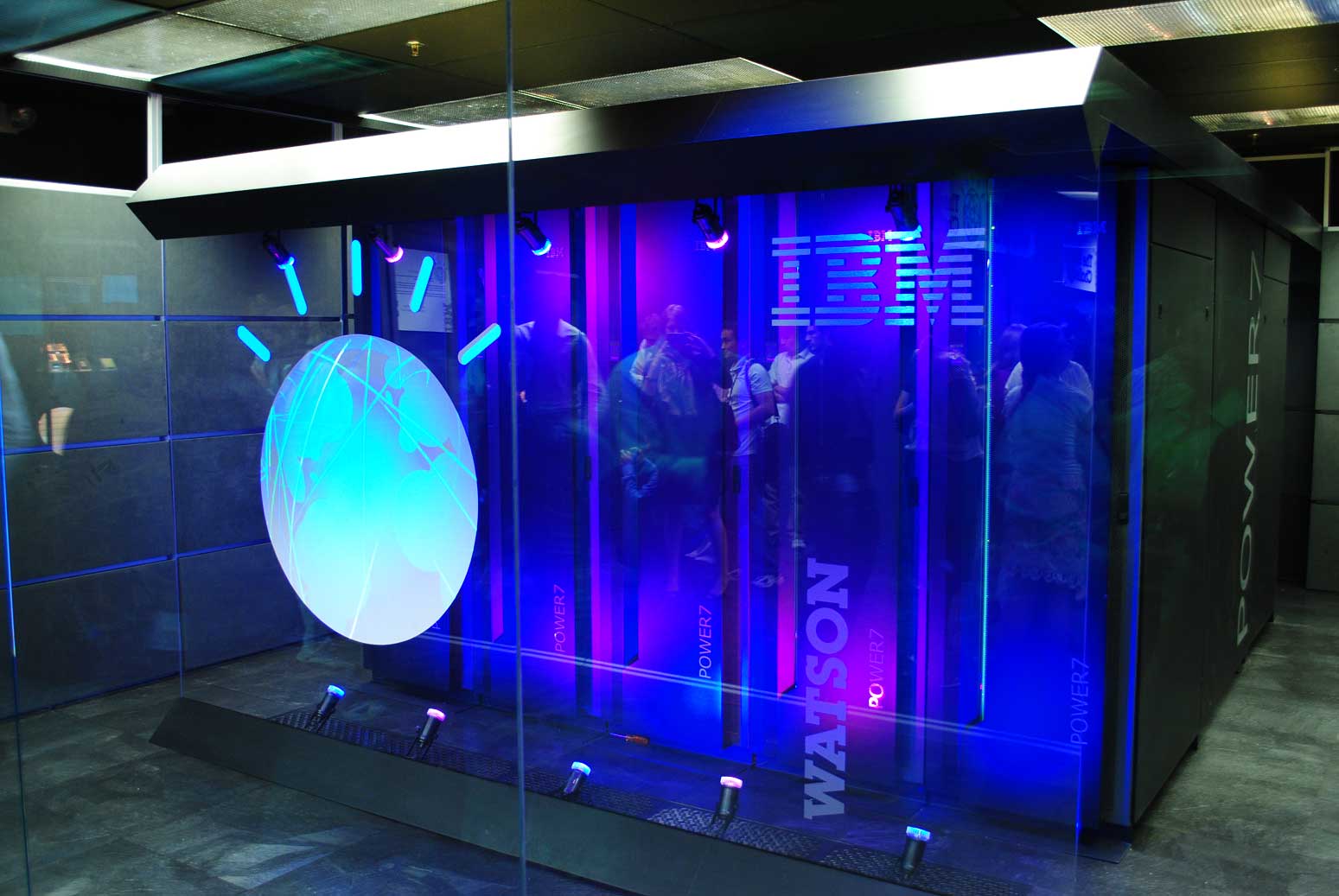A Vox.com piece about decision-making caught my attention this morning.
The story was compelling. A 12-year-old boy had intractable seizures from a leaking vascular malformation in the brain. A first neurosurgeon would not operate and recommended radiation therapy instead. The patient’s mother sought another opinion from a Mayo Clinic neurosurgeon who was adamant that an operation should be undertaken. The second surgeon surgeon was undeniably right. The patient is now a bright, fully-functional researcher at the University of California San Francisco.
So far, so good? Not so, according to Vox. That there should be a smart mom making a smart decision, and a smart doctor carrying out a successful surgery is apparently a problem.
Why? Because the more cautious surgeon had a different opinion and, had the mom compliantly accepted his recommendation, the child could have been worse off. Variability in judgment, as always, is the enemy.Continue reading “Against surgical excellence”
